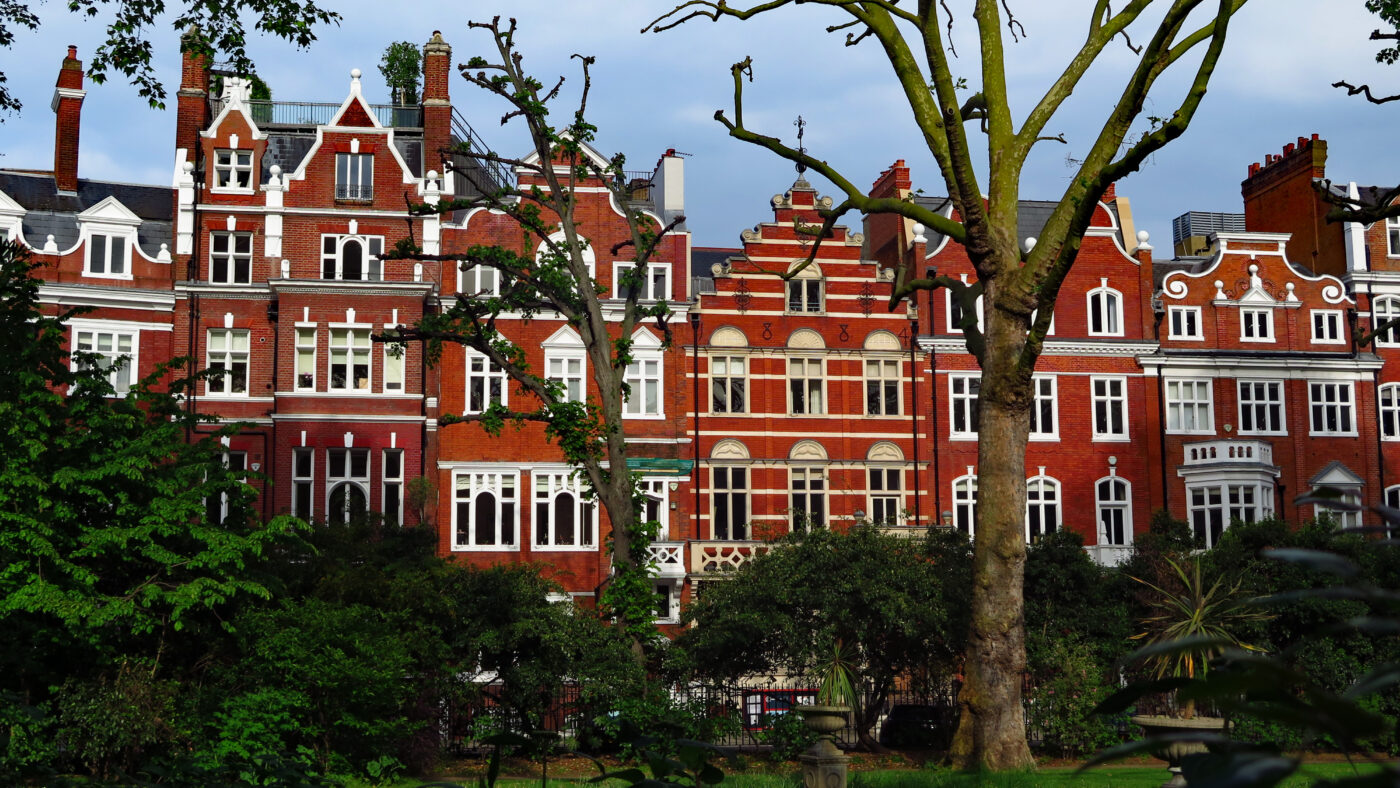A little over a hundred years ago in the unassuming town of Osawatomie, Kansas, the 26th US President, Theodore Roosevelt, delivered an impassioned speech outlining his progressive vision for the future of America. At the core of his vision was his desire to ‘equalise opportunity, destroy privilege and give to the life and citizenship of every individual the highest possible value’.
Today, the Tories should draw inspiration from this for the future of Britain. Despite claims in the King’s Speech that the government is seeking to make ‘long-term decisions in the interests of future generations’, there is little clarity on how it will support young people and lower-income households. Rumours persist that the Chancellor is being pressured to slash, even abolish, inheritance tax in the Autumn Statement in a desperate attempt to revitalise electoral prospects – a move that would embed inequality of opportunity into our economy as it is of benefit only to fewer than 5% of estates; mainly those fortunate enough to be worth over £1m.
Wealth inequality is continuing to rise and the disparity is set to worsen, with over £100bn in assets – an amount expected to double by 2040 – being transferred between generations, the bulk of which is coming from those with the highest wealth. Circumstances of birth profoundly impacts access to prosperity. The IFS showed that those whose parents are in the bottom fifth of the wealth distribution scale will get a 5% boost to their lifetime income through inheritance, while those with parents in the wealthiest fifth will receive a 29% boost.
Simultaneously, the poorest households and young workers are being hit hardest by the highest tax burden since the late 1940s. This, coupled with high energy costs and inflated food prices, further impedes the ability of those trying to accumulate assets, achieve financial stability and make a generally prosperous life for themselves.
Indeed, recent studies have shown that many graduates earning between £27,295 and £50,270 face a marginal tax of 55% before they get a chance to spend or save. In contrast, older and more affluent generations do not experience such marginal tax rates. It is no wonder that 60% of the UK public, according to a recent Bright Blue report, believe that the economic prospects of younger people are harder than they were 20 years ago.
Shifting the weight of taxation from work to wealth should be a top priority. If the Conservatives want to be seen once more as the party of aspiration, entrepreneurship and home ownership, this should be as central to their vision. Reforming wealth taxes can adequately compensate for the cost of reducing income taxes for younger people and those with modest incomes to help them with financial stability. It can also provide the means to give capital grants to young people to propel them towards creating wealth for themselves.
This government and the next should work towards narrowing tax on earned and unearned income – particularly when earned income can be taxed twice as heavily as that which is unearned, such as capital gains, dividends and rental income. For example, a graduate earning £35,000 through work pays almost double the tax than one would if the same income was generated through rent on property.
Some of the money generated through this could be used as a capital endowment – similar to a citizen’s inheritance – whereby a sum of money is given to young people from more modest backgrounds to help them with a house deposit, starting a business or beginning investing; all of which are vital in creating equality of opportunity.
These moves would help alleviate the growing inequality in today’s society and reduce the impact of sheer luck on individual life chances. It would also pave the way to give younger people and the less affluent a better shot at prosperity. The Tories could do worse than heed Teddy Roosevelt’s wisdom, that ‘those who oppose reform will do well to remember that ruin in its worst form is inevitable if our national life brings us nothing better than swollen fortunes for the few’.
Click here to subscribe to our daily briefing – the best pieces from CapX and across the web.
CapX depends on the generosity of its readers. If you value what we do, please consider making a donation.


